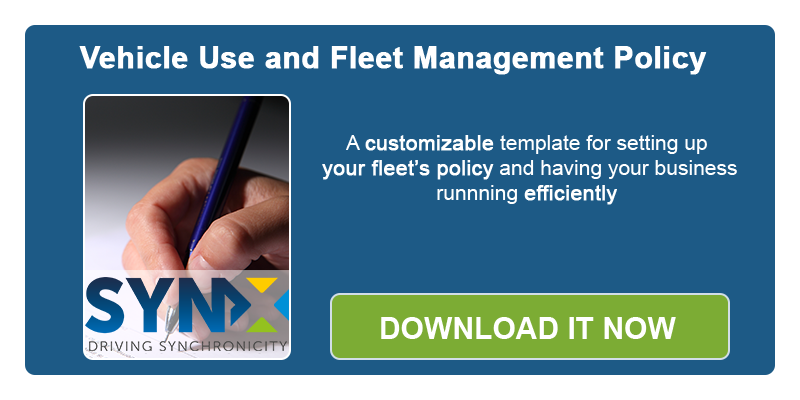Fleet managers often have to multi-task, seeing that all vehicles operating comply with current legislation, maintaining drivers’ and other road-users’ safety whilst, of course, ensuring that the business runs smoothly and generates profits.

However, sometimes managers become bogged down with issues that could be easily avoided if the company had a specific fleet policy in place that dealt with topics such as:
• drivers’ responsibilities;
• acceptable use of company vehicles;
• the appropriate use of portable devices such as mobile phones from a safety perspective and other plug-in rechargeable equipment that impacts on the battery life;
• drug or drink driving;
• hiring procedures for staff;
• maintenance checks procedures and recording;
• incidents recording;
• use of fuel cards;
• implementation of technology such as telematics.
• acceptable use of company vehicles;
• the appropriate use of portable devices such as mobile phones from a safety perspective and other plug-in rechargeable equipment that impacts on the battery life;
• drug or drink driving;
• hiring procedures for staff;
• maintenance checks procedures and recording;
• incidents recording;
• use of fuel cards;
• implementation of technology such as telematics.
to mention just a few.
All the aforementioned bullet points as well as others that are unmentioned, but relevant to a fleet policy, should have the following characteristics:
#1 - They should be written in clear and plain language that is understandable by all parties involved; that means management, admin, drivers… all the company departments
#2 - They should comply with current legislation
#3 - They should be updated from time to time, not only to comply with changes in legislation but because safety devices, vehicles and ways of working also develop and evolve—nothing stays the same.
I recently received comments on social media from fleet managers who work in an environment that, apparently, has no policy in place or the one that it does have is not overly effective, especially with regards to drivers’ behaviour. Some companies who run fleets set up a policy merely to “stay on the safe side”, that does not actually involve communicating with drivers but is there in the event of an inspection (purely for audit purposes).
Having a fleet policy in place doesn’t only mean covering the necessary safety points from a legal perspective, but also implies:
• making sure everyone is aware of the policy, and is operating correctly (starting with drivers), not only by having staff read the policy, but having meetings to ensure everything is properly understood;
• that everyone understands the responsibilities for every role;
• the recording of maintenance and incidents;
• drivers’ licences, permits and health checks;
• the presence of clear procedures on what non-compliance with the policy means.
• that everyone understands the responsibilities for every role;
• the recording of maintenance and incidents;
• drivers’ licences, permits and health checks;
• the presence of clear procedures on what non-compliance with the policy means.
All of this might sound too much for a busy fleet manager, but what if having an effective policy in place with continuous assessment, training and feedback could actually reduce the workload that makes the responsibility of a fleet so demanding; leaving a manager with more time devoted to improving results and lowering costs...?


